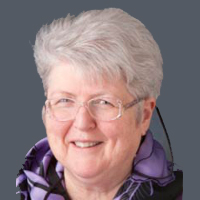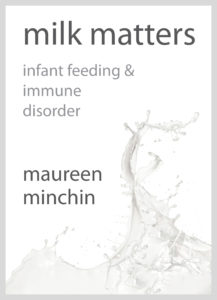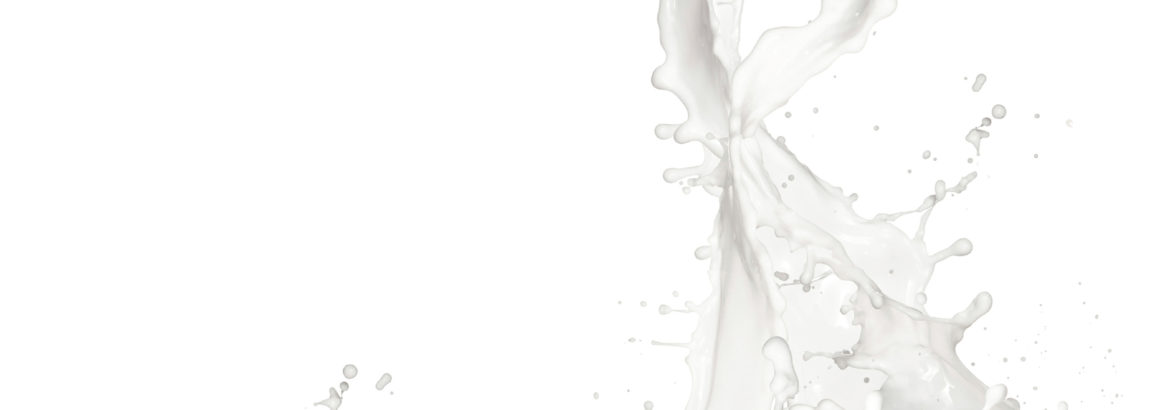Why milk matters
Why milk matters
This presentation outlines some of the science and history supporting the milk hypothesis as an explanation for the global emergence of immune disorder and the so-called NCDs, the non-communicable diseases. It will argue that compounding intergenerational impacts of changes in infant feeding have in fact created vertically communicated disease, by altering microbiomes and affecting genetic expression, in ways proven to be transmissible between the generations, and not only from mothers to children. Milk samples the total environment and facilitates infant adaptation to it, providing a complex mixture of bioactive components and balanced nutrients that have never been, and cannot be, replicated industrially. It will summarise some of the key ways in which artificial feeding has been shown to alter normal human development, and suggest reasons why this critically important research has not been better conducted, understood, or acted upon. It will outline some of the structural changes – to the care of women and infants, and wider social policies – needed to halt and perhaps reverse the damage already created in genomes and microbiomes by a century of global artificial feeding. It will provide participants with a clearer understanding of the critical importance to human health – present and future – of the World Health Organisation (WHO) recommendation that all infants, in every country, ideally will be solely breastfed to around six months, and continue to be breastfed into the second year and beyond.
by Maureen Minchin, BA(Hons), MA(Melb), TSTC

Maureen is the author of Food For Thought: A Parent’s Guide to Food Intolerance and Breastfeeding Matters: what we need to know about infant feeding, as well as journal articles and background briefing papers for the WHO and USAID. Having three children in the 1970s, she experienced hospital practices that made breastfeeding difficult and allergy inevitable, with life-changing consequences for her children. She has since spent a lifetime providing advice and support to allergic families, while also working to improve health professionals’ education and training. Her latest book, Milk Matters: infant feeding and immune disorder has just been published in 2015 and can be ordered directly from the author here.
What people are saying about Maureen’s book, Milk Matters:

Professor Mary Renfrew FRSE, Director, Mother and Infant Research Unit; Deputy Dean: Research, University of Dundee; Director, Scottish Improvement Science Collaborating Centre
It’s a work of huge vision, based in extensive knowledge and understanding, yet it is easy to read and understand without specialist technical knowledge… A book to change the world, and people’s understanding of it.
James Akré, WHO Nutrition (1980-2004)
This is an important book, as relevant to gastroenterologists and genomic researchers as it is to unhappy parents of distressed babies.
Professor Roger V Short AM ScD FAA FRS
I have read this book from cover to cover. It is truly amazing. I learned something on virtually every page! In a sentence, I think this book will ultimately bring about the demise of the infant formula industry.



